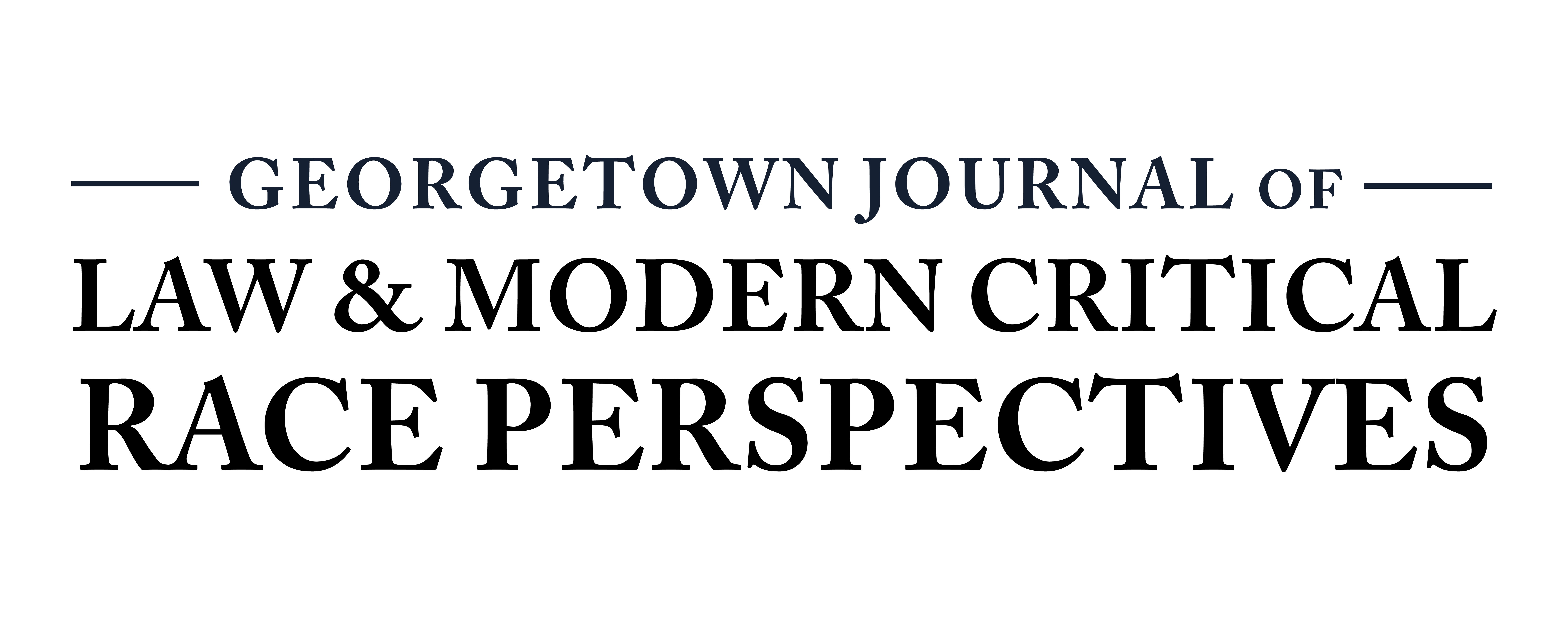Teenage Rebels and the Demand for Due Process
In the 1975 case of Goss v. Lopez, high school students who mobilized for Black Power and an end to the Vietnam War won the right to procedural protections that expanded the due process revolution in education. In a dramatic shift in constitutional law, the Supreme Court sided with marginalized students who mobilized together and recognized their property interests under statutory entitlements to compulsory public education. By resisting policies that deprived them of their education in a divisive political climate, these student plaintiffs reimagined a radical democratic system where students shape the laws that govern their civic life and education.
Today, conservative parents and lawmakers of the Make America Great Again (“MAGA”) movement have targeted the rights of marginalized youth by dismantling substantive due process, weaponizing bans on public school resources, and suppressing student resistance. This MAGA movement—one that aims to “Make America” as it was before the due process revolution—normalizes education without constitutional protec-tions for students and a return to legal norms that once oppressed young people as wards of parents, enslavers, or the state. While legal scholars have studied these erosive threats to democracy and substantive due process, they have not yet considered the derailment of procedural due process and how mobilized students might help forge a path forward.
In response, this Article makes two contributions. First, it provides a descriptive account of the key historic contributions of student movements that prefigured and protected student entitlements to public education long before the Supreme Court decided Goss. Second, the piece wields the legal concepts of property interests and procedural due process to create legally cognizable claims that support students’ demands for more due process protections against bans in public education. In doing so, the Article demonstrates how student movements have been, and continue to be, important accountability constituencies in education law, and why formally trained legal professionals should write and work alongside them to realize the Constitution’s unfulfilled promises.
Continue reading Teenage Rebels and the Demand for Due Process
Subscribe to MCRP
